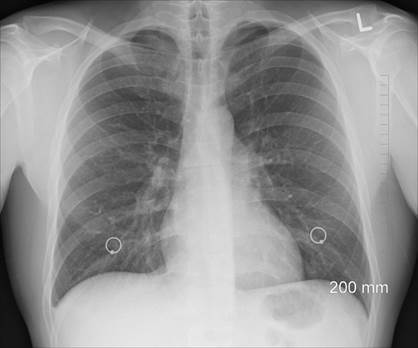$10 Million DNA Sequencing Effort Aims to Shed Light on Lung Diseases
Having received a $10 million donation from the National Heart, Lung and Blood Institute (NHLBI), the Washington University McDonnell Genome Institute will commence the sequencing of DNA from individuals with diverse ethnic backgrounds to better understand genetic roots that can lead lung disorders, including chronic obstructive pulmonary disease.
Most other large genome sequencing projects have focused on Europeans and Caucasians,” said principal investigator Susan K. Dutcher, PhD, a professor of genetics and the interim director of the McDonnell Genome Institute at Washington University School of Medicine. “With this program, we are including many people with other racial and ethnic backgrounds. Increasing the diversity of the groups being sequenced is important in understanding how genetic variations influence disease risk.”
 This study is part of a larger national initiative, NHLBI’s TOPMed program, which aims to “sequence and analyze the complete DNA – or whole genomes – of patients.” Researchers have the opportunity to use data from 62,000 participants involved in the program that were chosen based on their involvement with other studies, including the Framingham Heart Study.
This study is part of a larger national initiative, NHLBI’s TOPMed program, which aims to “sequence and analyze the complete DNA – or whole genomes – of patients.” Researchers have the opportunity to use data from 62,000 participants involved in the program that were chosen based on their involvement with other studies, including the Framingham Heart Study.
In an effort to reduce disparity-related sequencing efforts, the clinical trials in the analysis were specially chosen in a manner that would more closely mirror the diversity of the U.S. population and the genetic data present in individuals from underrepresented groups. Fifty percent of participants are of European descent, 30 percent are of African descent, 10 percent are of Hispanic or Latino origin, eight percent are of Asian descent, and approximately two percent represent indigenous populations.
“It’s also important that the total number of patients in the project is huge,” Dutcher said. “Early phases of TOPMed have already sequenced the genomes of 85,000 people. This year, for Washington University’s portion of the project, we’re sequencing the genomes of about 6,500 patients with lung diseases, primarily COPD and interstitial pulmonary fibrosis, a progressive scarring of lung tissue with variable causes, including autoimmunity.”
Researchers are ultimately seeking to understand how differences in DNA can contribute to disease risk. For instance, a variation in certain genes may increase the risk of developing a certain disease. Additionally, these studies may lead to the discovery of DNA variations that may protect against or decrease the risk of acquiring a particular disorder. These finding can be made possible with significantly large sample sizes that enable researchers to analyze DNA sequences in relation to patients’ diseases and compare those against healthy individuals for a more thorough understanding.
Click Here to Access the Full Article on Washington University School of Medicine in St. Louis

